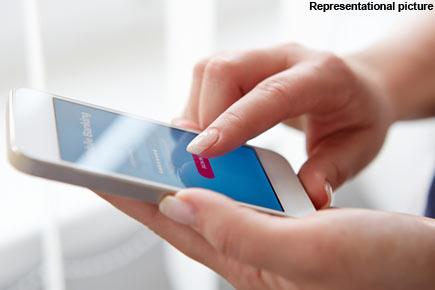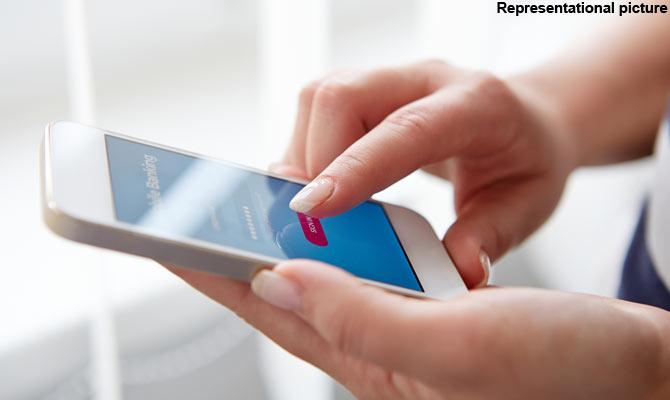Scientists have developed an artificial pancreas system integrated with smartphones to continuously monitor glucose levels of diabetics and automatically deliver required doses of insulin

Scientists have developed an artificial pancreas system integrated with smartphones to continuously monitor glucose levels of diabetics and automatically deliver required doses of insulin.
During more than 60,000 hours of combined use of a novel artificial pancreas system, participants in a 12-week clinical trial showed significant improvements in two key measures of well-being in people living with type 1 diabetes.
ADVERTISEMENT
 Representational Pic
Representational Pic
Thirty patients with type 1 diabetes went about their normal daily routines while the artificial pancreas system continuously monitored their glucose levels and automatically adapted insulin delivery settings.
The results, published in the journal Diabetes Care, revealed positive effects on two important indicators: decreased hemoglobin A1c (HbA1c) and reduced time spent in hypoglycemia.
The trial was led by Frank Doyle and Eyal Dassau from the Harvard John A Paulson School of Engineering and Applied Sciences (SEAS).
People with type 1 diabetes must vigilantly monitor blood glucose levels and, when necessary, administer doses of insulin either via needle injections or infusion pump.
The artificial pancreas is designed to mimic a healthy person's glucose regulating function. The closed-loop system consists of an insulin pump and continuous glucose monitor placed under the user's skin.
An advanced control algorithm embedded in a blue tooth-connected smartphone signals how much insulin the pump should deliver to the patient based on a range of variables including meals, physical activity, sleep, stress and metabolism.
The adaptive control algorithm system used in the trial is based on model-predictive control (MPC), a strategy originally developed by Doyle and colleagues, extended to a zone-based version of the MPC algorithm.
Rather than regulating glucose levels to a specific point in the same way that a home thermostat keeps the room temperature at a precise setting, zone-MPC defines an acceptable zone for an individual's glucose levels and controls variables to stay within that range.
In addition to the core zone MPC algorithm, the team introduced adaptive components that allowed the algorithm to "learn" from the repeated daily cycles, leading to improvements in basal control as well as meal compensation.
"This is by far the longest duration trial we have conducted, and it is a testament to the robustness of the algorithm that our key performance indices were maintained from our earlier, shorter trials," said Doyle.
"Moreover, we took a disciplined group that had very good overall HbA1c levels before the trial, and we brought the group level even lower," he added.
 Subscribe today by clicking the link and stay updated with the latest news!" Click here!
Subscribe today by clicking the link and stay updated with the latest news!" Click here!







